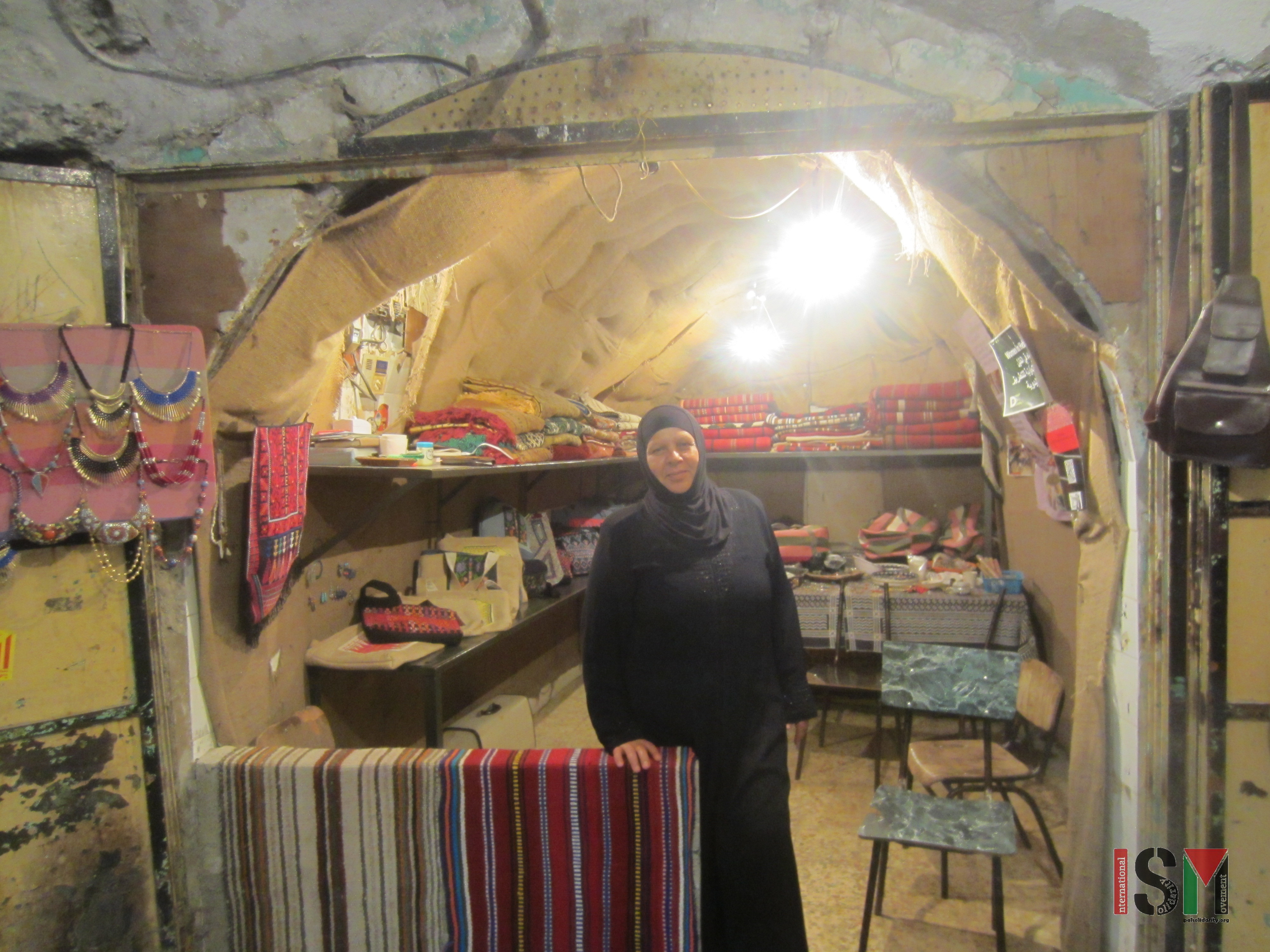Tag: Women in Hebron
-

The women in Hebron cooperative
13th September 2015 | International Solidarity Movement, Al-Khalil Team | Hebron, Occupied Palestine International Solidarity Movement human rights monitors spend the afternoon at the Women in Hebron embroidery cooperative where Palestinian women are empowering themselves and persisting with grace in a colourful and beautiful way in a community space amidst the horror of the ongoing…
